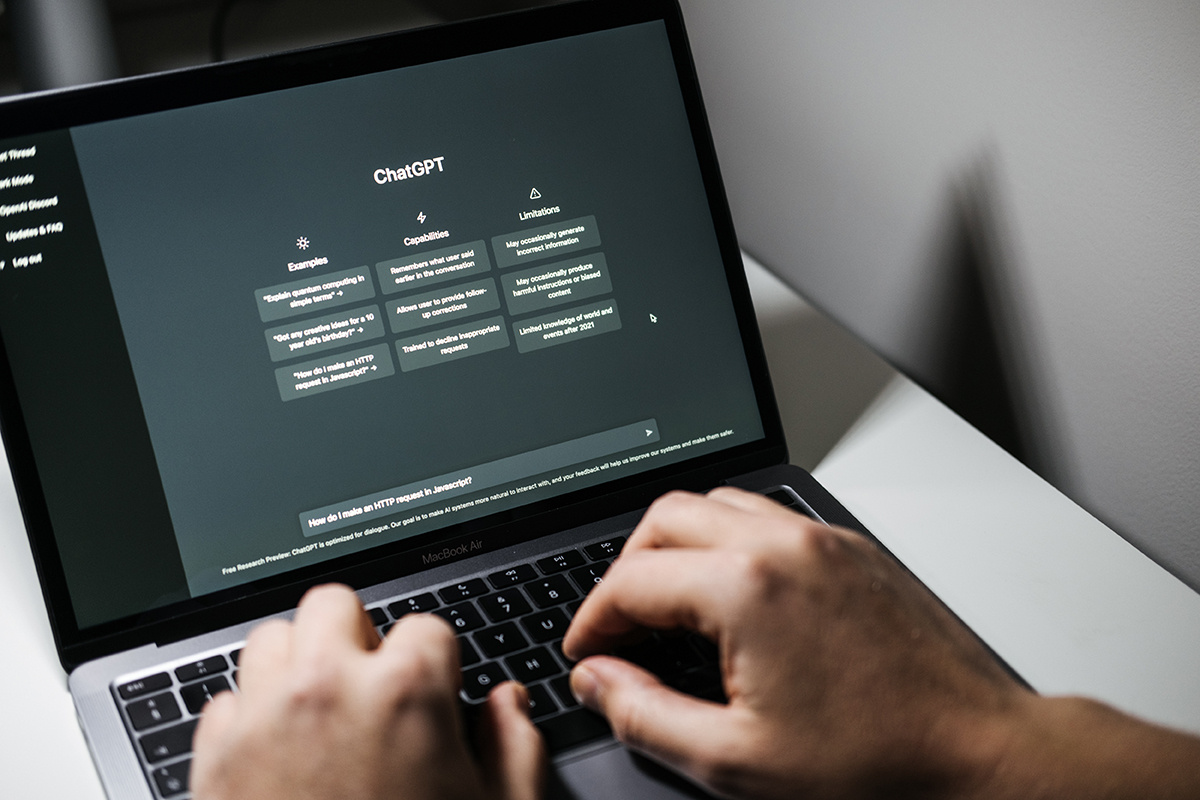The MOVEit Hack: What You Need to Know
by Reflare Research Team on Jul 4, 2023 8:01:00 PM
The intricacy of the MOVEit hack is having a profound impact on many public and private organisations. But will these organisations learn the crucial cybersecurity lessons this moment will ultimately teach them?
How to Set Meaningful Cyber Security Development Goals
by Reflare Research Team on Jun 27, 2023 6:59:00 PM
Having an acute understanding of not just the 'what', but the 'why' your staff members require specific capability development is critical for deploying training that gives the business what it really needs.
AI Enabled Cybersecurity Lunges Towards the Future
by Reflare Research Team on Jun 23, 2023 7:35:00 PM
Recent developments in artificial intelligence are now making its practical application more accessible to real-world challenges, including cybersecurity. You now must ask yourself, "Do I know how to use it correctly?"
State-Sponsored Espionage and the Complexity of Mobile Security
by Reflare Research Team on May 6, 2023 7:59:00 PM
In a world progressively interwoven with technology, the ever-evolving landscape of mobile exploitation has become a focal point for cybersecurity and geopolitics alike. We dissect the multifaceted terrain of state-sponsored cyber-activity, revealing how the complexities of mobile sec …
AirTags - The Good, The Bad, and the Future of Tracking Devices
by Reflare Research Team on May 2, 2023 7:57:00 PM
As AirTags gain popularity, this seemingly convenient technology also has plenty of growing concerns surrounding privacy and security. Players in the tracking device market must stay two steps ahead to successfully manage the fallout of product misuse.
Strengthening Cyber Resilience
by Reflare Research Team on Apr 23, 2023 7:29:00 PM
Recent geopolitical events have put IT security departments across the globe on high alert. However, when interacting with colleagues from other departments, does anyone even know what we're talking about?
Let's Talk GPT-4 and the Future of Cybersecurity
by Reflare Research Team on Apr 5, 2023 7:55:00 PM
The cybersecurity landscape must adapt to both the opportunities and challenges that AI advancements like GPT-4 bring. We delve into the Italy-ChatGPT situation, experts' concerns, and the potential implications of LLMs in the realm of cybersecurity.
Lapsus$, MFA Bombing, and Human Behaviour
by Reflare Research Team on Apr 5, 2023 7:45:00 PM
As cybersecurity departments bucket money into solutions that improve network security, highly exploitable staff keep letting attackers in. Malicious actors know your users are your weakest link, and if you think their trickery is becoming sophisticated, you ain't seen nothing yet.
Data Recovery Plans Matter
by Reflare Research Team on Mar 20, 2023 7:54:00 PM
Data recovery plans are essential in times of natural disasters, as they ensure that critical data is protected and can be recovered quickly in the event of loss or damage. However, it is startling how few organisations have meaningful plans in place.
Insider Threats During Times of Conflicts
by Reflare Research Team on Mar 20, 2023 7:31:00 PM
As organisations strive for diversity and inclusion across their employee groups, we must not lose sight of the fact that groups of employees are still individuals with their own beliefs, identities, and affiliations. As tensions continue to rise in the geopolitical world, cybersecuri …











